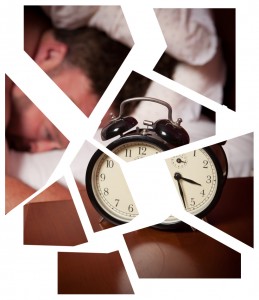 Sleep problems are quite common in early recovery, and typical complaints include: difficulty falling asleep; difficulty staying asleep; frequent awakenings (‘fractured’ sleep); and vivid unpleasant dreams.
Sleep problems are quite common in early recovery, and typical complaints include: difficulty falling asleep; difficulty staying asleep; frequent awakenings (‘fractured’ sleep); and vivid unpleasant dreams.
Good sleep patterns are an antidote for depression, and research shows that better sleep directly improves your mood. It takes a bit of practice but is definitely worth the effort. Some suggestions from recent articles on the value of CBT-I in treating insomnia:
- Prepare the environment by turning off the TV/ computer, and by making sure the room is quiet and dark.
- Commit to a regular time for bed and for waking up. Stick close to this schedule.
- Try to restrict time in bed to time scheduled for sleep. Relax in a chair or in another room, rather than in bed. The idea is to condition yourself to using the bed for its real purpose.
- Finish meals at least 3 hours before going to bed. Avoid caffeinated beverages (coffee, tea, soda) during that time period. Avoid taking naps after dinner.
- Avoid smoking for 3 hours prior to bedtime.
- Get regular exercise, but not less than 4 hours before bedtime.
- Unless otherwise indicated, take prescribed medications several hours before bed.
- If you find yourself lying in bed for 15 minutes or more, unable to sleep, get up and go to another room for a short while before returning to bed.
- If you need a bedtime snack, try peanut butter or warm milk.
- If you are worrying, distract yourself with a relaxation exercise or other calming technique. There are no problems that can be effectively solved during sleep time, anyway. You can go back to worrying about things in the morning.
- A hot bath before bed can help prepare you for sleep.
Try not to spend a lot of time in bed other than when you’re sleeping or having sex. That helps condition your brain to a healthy sleep-wake cycle. You’ll sleep better and feel less tired when you awake.
If you believe you may have a sleep disorder, consult a physician for appropriate testing.

 — December 30, 2013 @
— December 30, 2013 @ 







